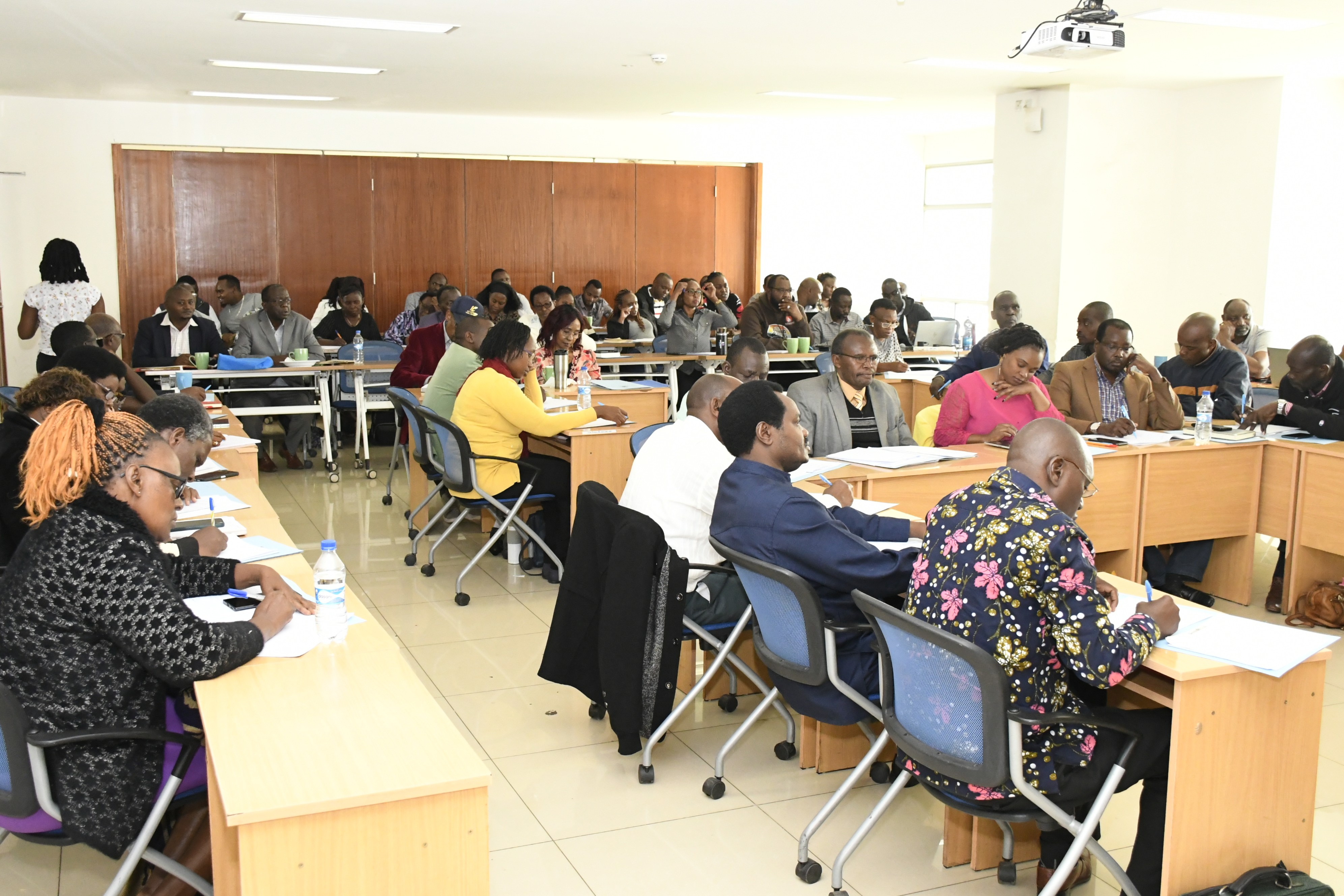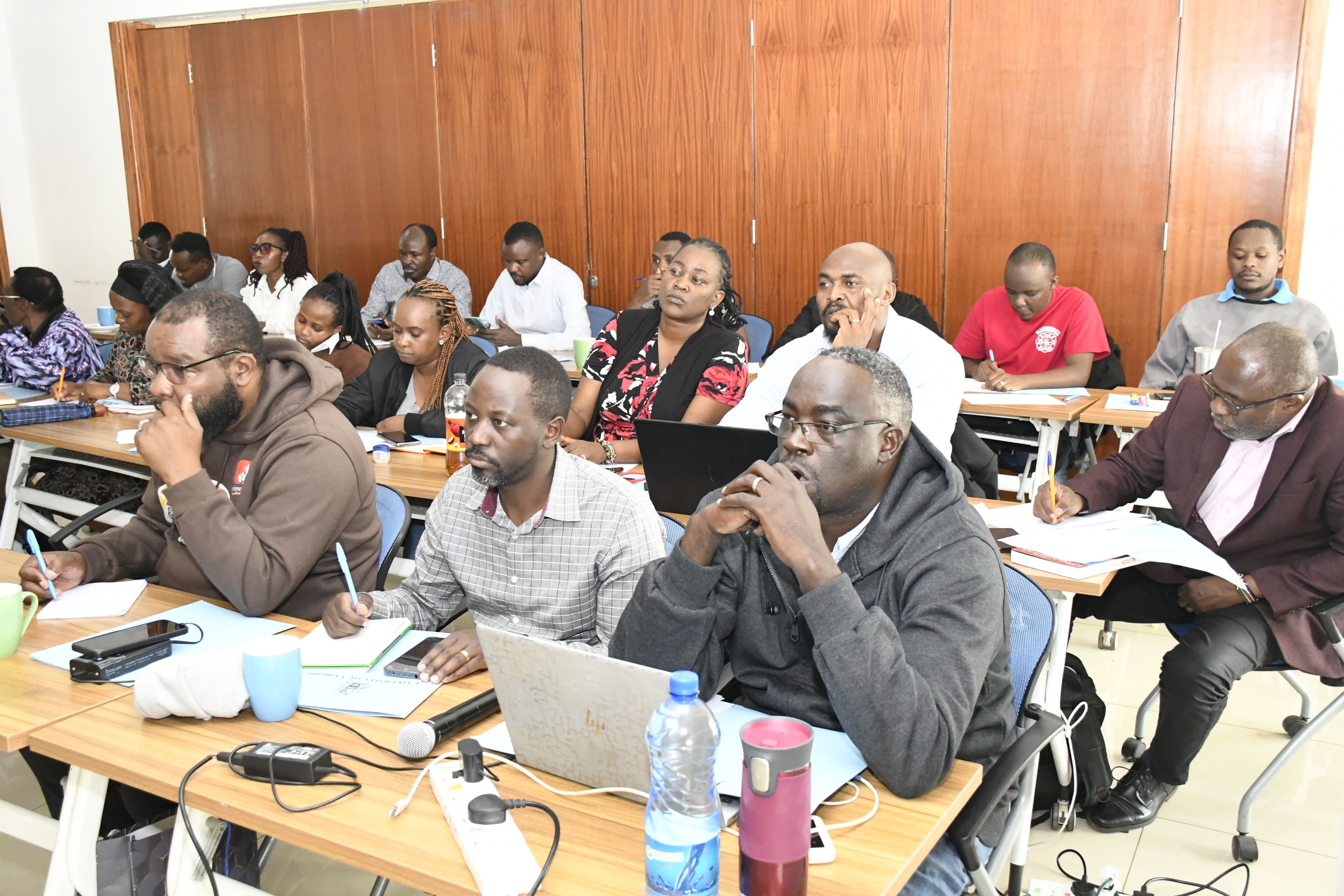Andragogy - Training for Pastors







We expect trainees to become entrepreneurial producers by the time they leave the training site. Research entails seeking information in all areas of business to determine opportunities and goals, most profitable or with high demand service or product or how to maximize sales and profits. Innovation is a process of improving the value of a product or service by applying new processes or new technologies. Training is the teaching of skills to trainees to be able to perform a given task to the expected occupational standards. While incubation is providing business support services to graduates of our training program to enable them grow their young businesses. This includes mentoring, physical space, covering common services, technical support, business plans, marketing plans, resource mobilization for the young businesses
CTI approach is competence based training where the trainee is nurtured holistically imparting knowledge for the head, because as man thinketh so is he, practical training through apprentice to impart skills for the hands to fulfill the required occupational standards, as God blesses only the works of one’s hands. and positive behavioral change towards work to capture the heart where issues of life are kept. We have taken this approach, first to be compliant with TVETA Act No 29 of 2013 that recommends Competency Based Education and Training (CBET) where emphasis is placed on the acquisition of competences and outputs to produce internationally competitive workforce.
Second to be among the stakeholders addressing the challenges faced by the youth in the country. Top most being youth unemployment and underemployment. The Labor Force Basic report by the Kenya National Bureau of Statistics 2018 found that 35% of unemployed are aged below 35 years. Most of these could be graduates from secondary schools, TVETs, and universities as well as those from marginalized and disadvantaged groups. One of the key factors contributing to unemployment in Kenya is lack of or inadequate skills required in the job market. The National Education Sector Strategic Plan of 2019 asserts that there is a mismatch of skills produced by training institutions to the labor market needs. In addition, most young people lack entrepreneurial skills required to venture into businesses. Thirdly the Competence Based Training will be delivered in modules which can be used individually as short courses or combined into full qualifications at various levels of certificate as well as diploma and degree levels that will be attributed to notional learning hours and levels which will to be accorded to the Kenya National Qualification Framework. Those with prior knowledge and skills will be assisted to go through the Recognition of Prior Learning process for certification by the Kenya National Qualification Authority (KNQA)
Since inception, CTI has successfully conducted technical and vocational trainings on skills transfer for a number of institutions. To highlighting a few,
- CTI undertook a World Bank Project of capacity building under the Kenya Youth Employment Opportunity Project (KYEOP) to train youths out of school in partnership with Deed Institute and JADFAD consultants, Small business management Institutes and graduated over 3000 youths in vocational and technical skills. Areas of training included, Clothing, Textile, Interior Design & Printing Technology, Food Technology, Medical Technology, Entrepreneurship, Marketing & Business, Hospitality, Mechanical Engineering, Agricultural Technology, Civil Engineering and Electrical Engineering.
- CTI partnered with GFA/GIZ in 2023 to provide technical skills transfer, knowledge and aptitude in agricultural value chains, specifically, horticulture, poultry and apiculture. The courses include; Agri-enterprise establishment; passion fruit seedling production; construction of kienyeji chicken structures; modern poultry structures construction; chicken pre-slaughter handling; hatching eggs handling; bee biology & behavior; bee products harvesting; construct hives and bee equipment.
- CTI has a standing MOU with the Prisons Department in provision of vocational and technical skills to inmates and staff as a rehabilitation tool. The objective of the training is to equip the inmates with skills, which can be applied after release from Prison. The courses to be offered include Culinary Arts, Food and Beverage, Restaurant Management, Catering services and Christian Ministry to both inmates and staff in Prison
- CTI has a standing MOU with University of Nairobi to raise educators for the CBET Curriculum to implement the Commonwealth Youth Program (CYP) who will undertake the Andragogy skill in Adult Education and Community Development. The training will culminate in award of certificates, Diploma and other short trainings and Lifelong courses that are deemed necessary for the parties. The certificate warded will bear the banner of University of Nairobi